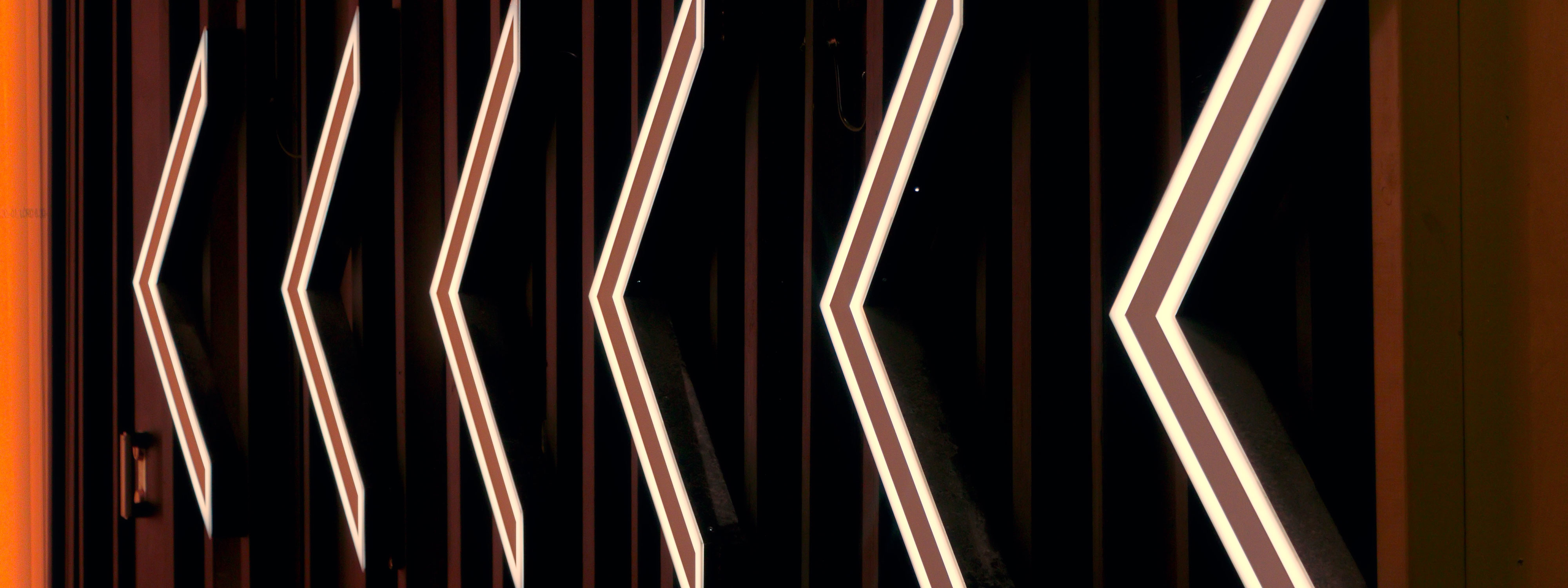
Mexico Imposes Temporary Import Duties up to 25% on more than 588 non-FTA Tariff Items
3 min read
An average tariff of 25% will be imposed on steel, textile, footwear, chemicals, and other products until July 31, 2025, for countries with whom Mexico does not have a preferential or free trade agreement.
The Presidential Decree
On August 15, 2023, Mexican President Andrés Manuel López Obrador promulgated a Presidential Decree in the Federal Official Gazette (Diario Oficial, DOF),1 increasing import duties on 392 tariff items by between 5% and 25% ad valorem to products originating from countries that are not party to Mexico's free trade or tariff preferential agreements.2 Mexico has free trade agreements in force with 59 countries (which include those of the EU). Having so many countries excluded from the application of the tariff increase, Chinese products, which account for 17.9% of imports, would be mostly affected.3
Products Covered by the Decree
The list of covered products includes inputs and finished products produced by strategic industries such as steel, aluminum, textiles, footwear, tires, plastics, glass, paper, cardboard, electrical equipment, and ceramic products. The increase will apply on a temporary basis from August 16, 2023, until July 31, 2025, replacing the import duties established by decree under the Law on General Taxes on Import and Export (TIGIE 2022), published in the DOF on June 7, 2022, as amended. The new Decree explicitly repeals a duty of 15% that was imposed less than a year ago in November 2022 on 112 tariff items related to steel products, originally with a reduction schedule from June 1, 2023 to October 1, 2024.4 Notably, the Decree does not affect imports under special foreign trade promotion programs, such as Program IMMEX (Manufacturing Industry, Maquiladora and Export Service), Sectoral Promotion Programs (PROSEC), and Fiscal Stimulus Decrees for Border Regions, which benefit from special tariff treatments. The Decree also exempts certain steel products until July 31, 2025, which will receive the more favorable tariff treatment provided for under PROSEC, to avoid affecting the supply chains and competitiveness of three sensitive industrial sectors: (i) electric industry (tariff lines 7208.39.01, 7208.51.04, and 7211.29.99); (ii) electronics industry (7225.19.99); and (iii) automotive and auto parts industry (7208.26.01, 7208.27.01, 7209.16.01, 7209.17.01, 7211.29.99, 7225.30.91, and 7225.40.91). Along with the 392 tariff lines listed in the Decree, in its "transitory articles" by derogating provisions from other instruments, it also increases tariffs to 269 additional products, from the apparel, footwear, and steel sectors (steel plates and tubes), increasing from an average 15% and 20%, respectively, to an average tariff of 25%.
Past Tariff Actions
This is not the first time the Obrador administration has increased or decreased tariffs applicable to various products, based on COVID-19 disruptions, which is part of the arguments contained in the Decree to justify the tariff increase for the textile and footwear sectors. The Decree also points to, among other issues, overcapacity in the steel sector identified in March 2023 by the Paris-based Organization for Economic Co-operation and Development (OECD) Steel Committee as part of the reasoning for this tariff increase.
Previous attempts to challenge this type of measure have been largely unsuccessful, mostly because of its temporary character and recognized authority of the president to increase tariffs.
Response from the United States
Meanwhile, the Office of the United States Trade Representative (USTR) released a statement on August 18 in response to the Government of Mexico imposing tariffs of up to 25% on steel and other products on non-FTA countries welcoming the measure and inviting Mexico to bilateral discussions to address the "recent surge of imports of steel and aluminum products into the United States and to ensure greater transparency with regards to Mexico's steel and aluminum imports from third countries."5 This may result in a closer review of imports from different Asian countries, particularly from Vietnam as a Comprehensive and Progressive Agreement for Trans-Pacific Partnership (CPTPP) partner of Mexico.
1 The Presidential Decree dated August 15 is accessible here (in Spanish).
2 A few products are subject to lower tariffs, such as windshields, steam machines condensers, and specific cotton textiles.
3 Ministry of Economy, Data Mexico here (in Spanish).
4 The Presidential Decree dated November 18, 2022 is accessible here (in Spanish).
5 USTR's press release is accessible here.
White & Case means the international legal practice comprising White & Case LLP, a New York State registered limited liability partnership, White & Case LLP, a limited liability partnership incorporated under English law and all other affiliated partnerships, companies and entities.
This article is prepared for the general information of interested persons. It is not, and does not attempt to be, comprehensive in nature. Due to the general nature of its content, it should not be regarded as legal advice.
© 2023 White & Case LLP



